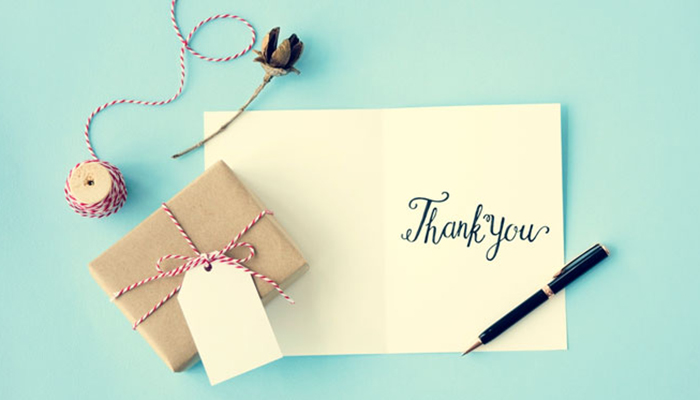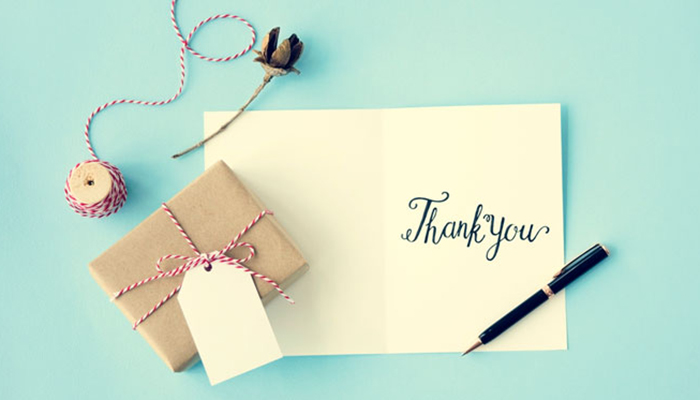The Other Side of That Story
June 06, 2017


I haven’t blogged for a while. (Is blog a noun or a verb?) I could write all the reasons why I’ve neglected my blog but I’ll resist. Instead, I’ll tell you the other side of that story: I’ve missed communicating with you, so I’m writing a new blog today.
Like many of you, I grew up in a less-than-functional household and lived in at least one as an adult. A by-product of either of those dysfunctional living situations is that it made it genetically impossible for me to do certain behaviors others find themselves naturally capable of doing: choosing trustworthy friends, lovers and business associates; trusting myself, my feelings and intuition; feeling content; and gravitating toward a positive outlook on life.
That’s not even half of the inherent problematic traits thrusting me toward a doomed existence. (See the fourth chapter in Codependent No More or read The New Codependency and take a few tests – probably the ones you resist most – for an update on the signs and symptoms of codependency.)
Before I go any further, I want to emphasize that it’s nearly impossible to diagnose codependency only by outward behaviors. Two people can do the same thing and one will be setting him or herself up for a massive codependent downward spiral while the other person’s behavior can be clearly categorized as healthy and leading to a positive outcome.
Because codependency is an inside job – jargon many of us bandied about for years without integrating its meaning. It’s not what we do as much as why we’re doing it that qualifies any behavior as codependent.
If gaining other people’s approval, guilt or obligation motivate us, likely what we’re doing qualifies us for a read (or re-read) of Codependent Some More. If we’re doing that exact behavior because we want to, because it feels right and because we’ve made a conscious decision to do it, it will likely work out decently.
Whether we take the codependent or lighter road, that behavior will become important in our life. It may bring joy, or we could find a lesson at it when we’re feeling all victimized, used-up, and resentful.
I want to clarify something else about codependency. I dislike the word, can’t stand the sound of it, didn’t invent it and wish another word would have taken its place in the dictionary. The word doesn’t even carry an intonation that speaks to our souls – such as hush, wow or stomachache. Those words tell us something. We can easily wrap our minds around them. But codependency?
It’s 4:00 a.m. I stumble out of bed, slam a cup of coffee, and then start brewing another one so I’ll wake up fast. The phone rings. A radio host from the East Coast, where it’s 7:00 a.m. starts talking to me. Live. We’re on the air. After the preliminary introductions, the host predictably asks the same two questions.
“So, is it Be-at-tee or Bee-tee?”
“Bee-tee.”
“Melonie, tell us…”
I stiffen.
“Exactly what is codependency?”
“I…don’t…know,” I respond.
“Ha, ha, ha. Seriously, what is codependency?”
I am serious. I still can’t wrap my head around that word. I can tell you about controlling, low self-esteem, not trusting ourselves, repressing emotions, rescuing, living out a victim self-image and emotional, physical and sexual abuse.
I can explain how to get stuck in a miserable relationship rut and make ourselves uncomfortably or painfully at home there. I can describe what it feels like to have relentless guilt run our lives. And oh, can I explain how attractive bad boys are for the first ten minutes we know them. But codependency? What does that word mean?
A side-effect from growing up in a pain-filled family or living in one later can best be described as a magnetic gravitation toward negativity. We come to believe in the power of negative thinking.
“For years, I’ve been controlled by the subconscious decision that I should quit while I’m behind,” one man explained.
After all, if we expect bad things to happen we won’t be disappointed, will we? If something we label good should, by some twist of fate occur, we will then be pleasantly surprised (for a second), until we remind ourselves that soon the infamous other shoe will drop and we’ll be miserable again.
It’s not that we see a glass half-empty instead of half-filled with water. We see chips in the glass that will likely lead to slices in our intestinal tract. We see contaminated water. We see something we don’t want or like.
That’s what life looks like too, unless we continually work on this trait. I don’t mean we should get all euphoric, expecting everything to work out without paying dues, overcoming obstacles, tests or hindrances. We can still be realistic.
For years I’ve heard about Universal Laws, mysterious rules that govern our world at an unseen level. The problem with these laws? No list exists. Nobody tells us the rules, like they do at a seminar, in a classroom or even on a website unless you count Moses etching the Ten Commandments in Stone.
So clearly stumbled into two of these Universal Laws. No, three.
1-If we jump out of an airplane, we’ll fall down, not up.
2-If we eat every single thing we want, we’ll gain weight.
3-If all we see is the negative, we’ll begin to see more and more of the negative. We’ll feel worse. Feeling badly will become a way of life. We’ll see nothing but the problems, the things that didn’t work out and the wrongdoings others have done to us. We’ll see our picture and think, Ick. If someone nice wants to date us, we’ll reject him or her because we know they’re fundamentally deficient if they like us.
It’s an ugly way of life.
The only antidote I’ve found for it, well a combination of antidotes and what I’m probably just as well-known for as codependency, is gratitude. If you couple gratitude with non-dualistic thinking, or non-black and white thinking (this is good, this is bad), which then means we’ll begin to express gratitude for most if not all of life (except for sheer tragedies in which case we’ll learn it’s okay to mourn), we’ll be lifted out of that rut of negativity we’ve learned to call home.
We don’t see a recession. We see an opportunity for the economy to come into balance.
We don’t see rejection. We know we’ve been saved from ourselves, saved for something better.
We don’t see mistakes. We see research for the next self-help book.
And so on. Better yet, we don’t try to figure everything out, because figuring things out is another way of saying control.
Besides, control isn’t all bad either. It’s human and if you’re reading this, so are you. Unless you’re a bot in which case you’re not reading it, you’re scanning it and you probably don’t have codependency issues either.
(Bots, for those of you as unfamiliar with computer jargon as I am, are programs that scan all material on the internet looking for whatever they’ve been programmed to see. Hmm. Maybe they’re more like us than I thought.)
There is another side to the story. Some of these versions we may not get to know for a while, maybe until we get to the other side, meet our Higher Power and say, “By the way, I’ve got a few things I want to discuss with you.”
Or maybe, just maybe, when we let loose of the constraints of linear thinking, we’ll already know those answers, you know, the answers to the Mysteries of Life.
So I won’t say it’s been a tough decade, what with Mom dying from Alzheimer’s disease just when I discovered her loving, nurturing side after oh, half a decade. I won’t go on and on about how they gutted me like a deer, decompressed my spine and then stuffed artificial discs in the only problem being that my spine curves right where the implanted discs reside. I won’t even touch the side effects of that surgery.
Instead, I’ll say that the broken circle with Mom had been healed by the time I followed the hearse to the graveyard. I’ll say I miss her more than I ever thought possible, given that I didn’t like her that much most of my life. I’ll tell you that I can do Yoga and I’m not in a wheelchair.
I’m not even going to get into the alleged embezzlement that with expenses now exceeds half a million dollars, including over four hundred thousand dollars’ worth of allegedly forged checks that the same bank that calls me valued customer (here’s a hint – the name starts with Bank of Ameri…) refuses to make good on, even though they promised.
Now will I mention that after being ecstatic that under President Obama the cap on my health insurance (the cap I had just reached) became removed for life, only to now have the Supreme Court take my health insurance completely away from me, leaving me uninsured and uninsurable?
Instead I’ll say that for today, all my needs are abundantly met. I love, and I am loved. I’ve been blessed with work that I love. I’ve met a fantastic screenwriting instructor (Corey Mandell) and am learning new ideas – learning and growing daily.
Thank you. These are more than words that can undo our tendency toward negativity. They change our lives and the world. They turn a humble meal into a feast, a stranger into a friend, and a house into a home.
They turn readers into friends and family into people we love.
The other side of the story always sounds the same: Thank you.
From the desk of Melody Beattie
Originally posted April 1, 2012
The post The Other Side of That Story appeared first on Melody Beattie.
About the author

In addiction and recovery circles, Melody Beattie is a household name. She is the best-selling author of numerous books.
One of Melody's more recent titles is The Grief Club, which was published in 2006. This inspirational book gives the reader an inside look at the miraculous phenomenon that occurs after loss--the being welcomed into a new "club" of sorts, a circle of people who have lived through similar grief and pain, whether it be the loss of a child, a spouse, a career, or even one's youth.
For more information about Melody and her books, visit the author's official website
